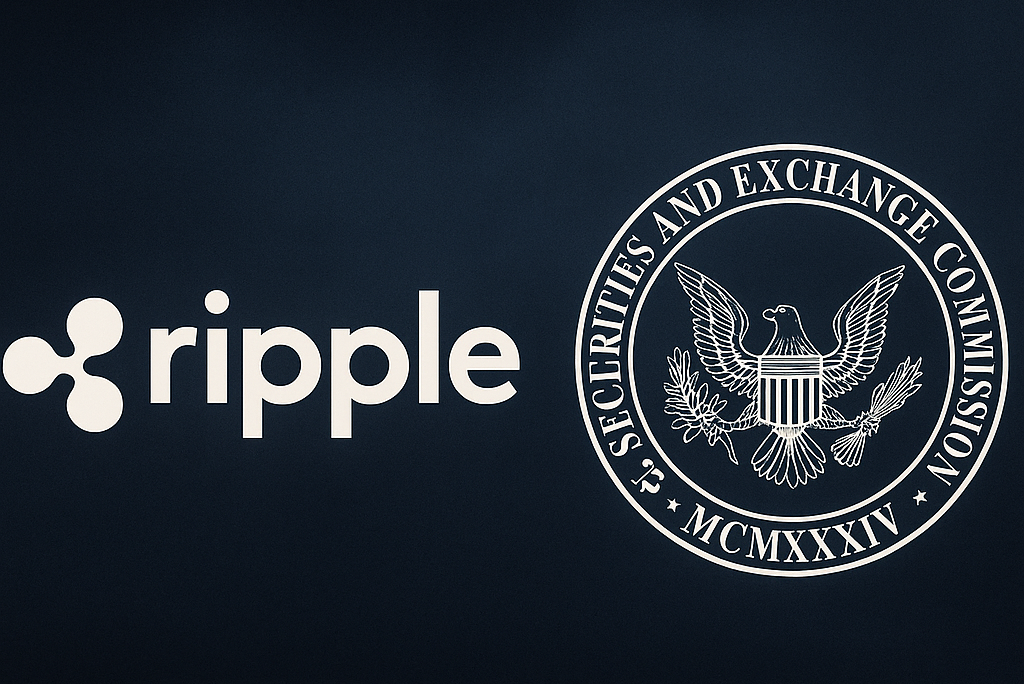In a rapidly evolving digital landscape, staying updated on cryptocurrency developments is paramount for investors and enthusiasts alike. The ongoing legal entanglement between the US Securities and Exchange Commission (SEC) and Ripple Labs is one such event that has garnered significant attention. With both parties pushing for a resolution, this case has far-reaching implications for the future of cryptocurrency regulation and investment opportunities in the US market.
The Ripple and SEC Saga: A Potential Resolution in the Works
Background on the Legal Battle
The SEC and Ripple Labs are entrenched in a complex legal dispute, one that has spanned four and a half years. Recently, both parties submitted an eight-page status report to the Second Circuit Court of Appeals, indicating a mutual desire to resolve the issue through a $50 million settlement. This agreement—which would also mean lifting the current injunction—awaits approval from the Commission and the trial court.
An Agreement-in-Principle
According to the filed status report, a tentative agreement was reached on May 8. The proposal requires Ripple to pay $50 million, which is significantly less than the original $125 million penalty. The remaining escrowed funds, plus any accrued interest, are expected to be returned to Ripple. This agreement hinges upon US District Judge Analisa Torres dissolving a standing injunction and authorizing the release of escrowed funds.
Judge Torres’ Initial Reactions and Pending Decisions
Judge Torres initially rejected a request for an indicative ruling under Federal Rule 60(b), citing the lack of “exceptional circumstances.” Both parties responded by submitting a comprehensive 52-page memorandum on June 12, underscoring that protracted litigation would deplete judicial resources. They also argued that vacating the injunction is crucial to finalize the settlement.
SEC’s Changing Stance on Cryptocurrency Enforcement
The SEC’s willingness to negotiate stands in contrast to its previous enforcement-first approach under former Chair Gary Gensler. This shift was heralded by Acting Chair Mark T. Uyeda’s announcement in January 2025 about forming a task force to address crypto regulations head-on. The previous hardline stance resulted in a split summary-judgment ruling in July 2023, where Judge Torres identified Ripple’s $728.9 million institutional sales as unregistered securities.
Current Market Implications and Future Prospects
The dynamics between regulatory authorities like the SEC and blockchain companies such as Ripple can have profound impacts on the crypto market. Investors and analysts are keeping a close eye on these developments, as a successful settlement could pave the way for more negotiated resolutions in high-profile crypto cases.
Is Ripple’s XRP a Secure Investment Amidst Legal Uncertainty?
Given the ongoing legal challenges, investing in XRP involves risk. However, Ripple’s commitment to resolving these issues and the SEC’s potential shift towards negotiated solutions offer a hopeful outlook. Investors should remain vigilant and consider broader market trends and regulatory shifts before making investment decisions.
How Does the SEC’s Approach Affect Other Cryptocurrencies?
The SEC’s evolving stance could signal a new era for the cryptocurrency industry by fostering a more cooperative regulatory environment. This may benefit other blockchain companies seeking to clarify legal ambiguities and align with regulatory requirements, ultimately impacting investor confidence positively.
What Are the Risks and Rewards of Investing in Cryptocurrency?
Cryptocurrency investments offer high rewards but are also fraught with volatility and regulatory uncertainties. Prospective investors must assess their risk tolerance, stay informed on legal developments, and diversify their portfolios to mitigate potential downsides while capitalizing on growth opportunities.
As the situation unfolds, all eyes remain on Judge Torres’ next move. A decision to dissolve the injunction could fast-track the settlement process, but a refusal may lead both sides back into prolonged litigation. Uncertainty lingers, but the potential resolution could signal a turning point in the SEC’s regulatory approach and Ripple’s operational freedom.

